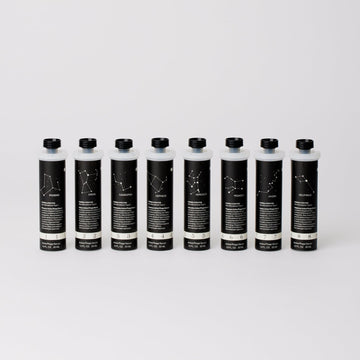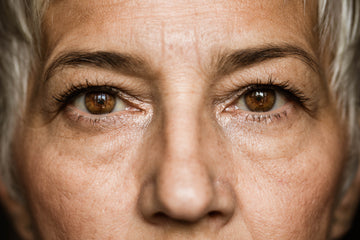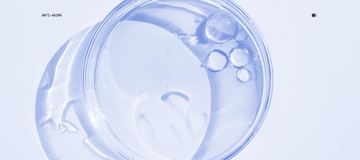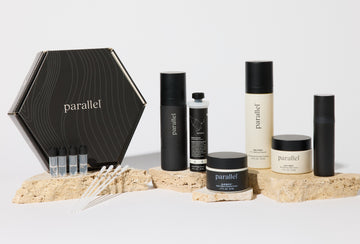Skin Aging: Insights from Senescence, Telomeres, and Your Skin Microbiome
by Parallel Health Team
While factors like senescence and telomeres have long been associated with aging at the cellular level, emerging research highlights the significant role of the skin microbiome in this complex phenomenon. Here, we’ll explore how these interconnected factors influence skin aging and why testing your skin microbiome is crucial to maintain youthful skin.
Senescence and telomeres: a blueprint of aging
Skin aging is a multifaceted phenomenon influenced by both intrinsic and extrinsic factors. At the cellular level, senescence—when cells can no longer divide—contributes to age-related changes in skin structure and function. Key players in this process are telomeres, which are like protective tips at the end of our DNA strands. Each time a cell divides, these tips get shorter, and when they become too short, the cell can no longer divide. These older cells can't repair tissues well. For our skin, this means that the cells that make up the outer layer of our skin can't renew themselves, leading to thinner skin, decreased elasticity, and a proliferation of wrinkles and fine lines.

The skin microbiome: a new frontier in aging research
Emerging evidence suggests that changes in the skin microbiome also play a pivotal role in the aging process. The skin is home to trillions of microorganisms, including bacteria, fungi, and viruses, collectively forming a dynamic ecosystem known as the skin microbiome. Disruptions in this microbial community have been linked to skin conditions and aging-related changes, such as decreased sebum production and impaired barrier function.
As we age, the skin microbiome undergoes observable changes, including a decline in beneficial bacteria and an increase in harmful pathogens. These alterations can compromise the skin's barrier function, leading to inflammation, dehydration, and accelerated aging. Furthermore, dysbiosis in the skin microbiome is associated with common age-related skin conditions such as eczema, rosacea, and dermatitis.
Test your skin microbiome and learn about your skin age
Given the intricate connections between cellular aging, microbiome dynamics, and skin health, testing your skin microbiome could provide invaluable insights into your skin's aging trajectory. By analyzing microbial diversity, abundance, and functional capabilities, you gain a deeper understanding of how your skin microbiome influences the aging process.
Want testing for free?
Start your MD-03 Phage Protocol™ and get free testing twice a year, along with 24/7 access to a doctor and skin expert certified in Microbiome Dermatology™.


























